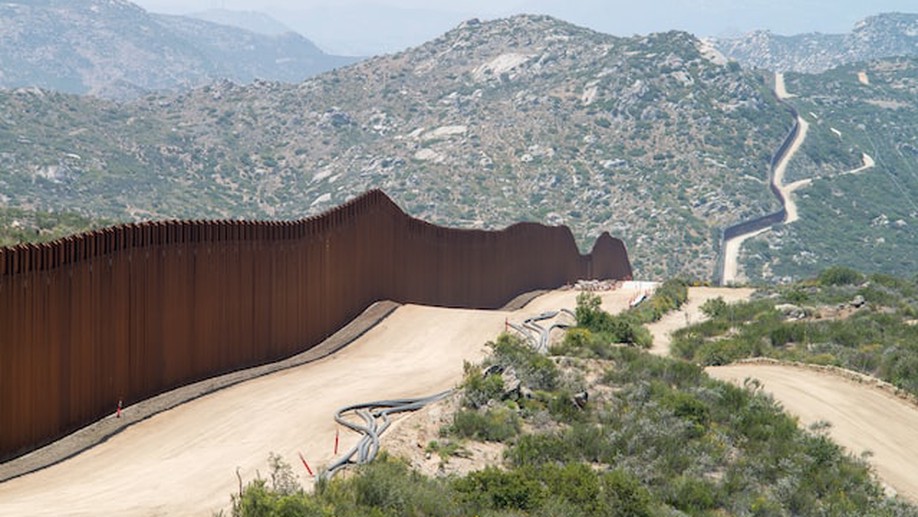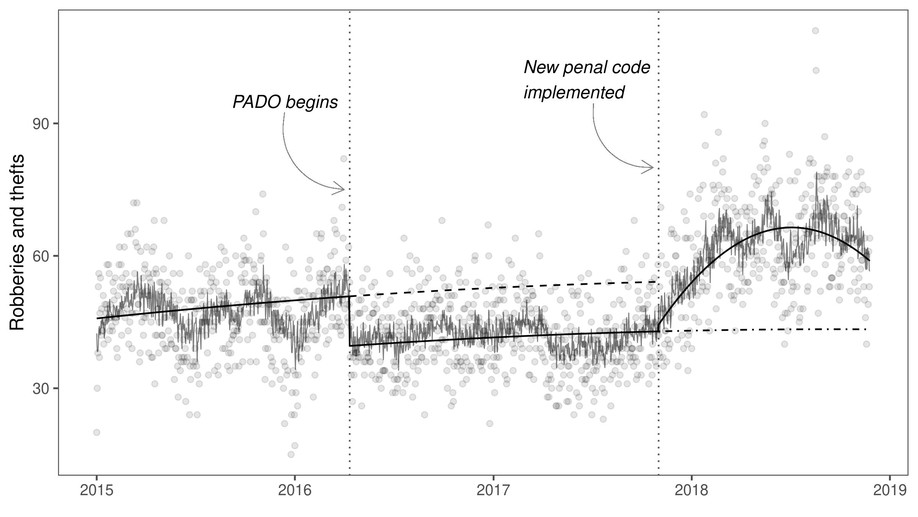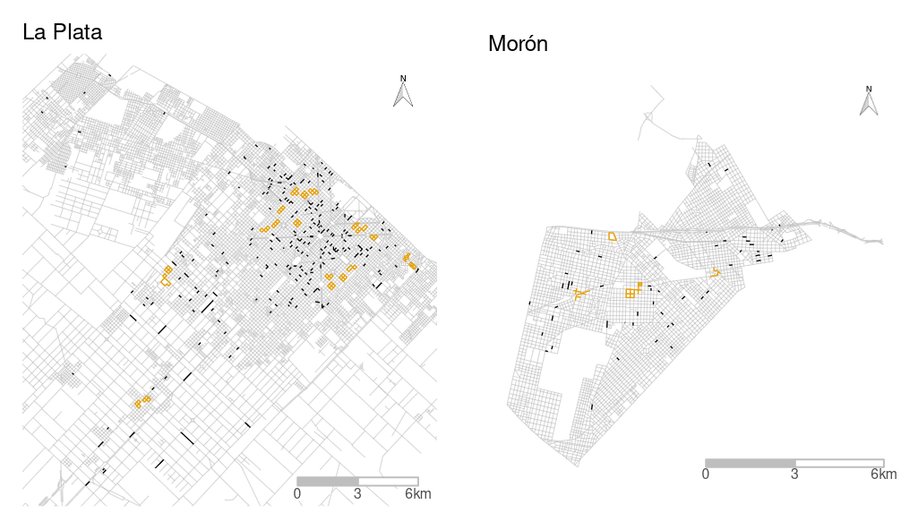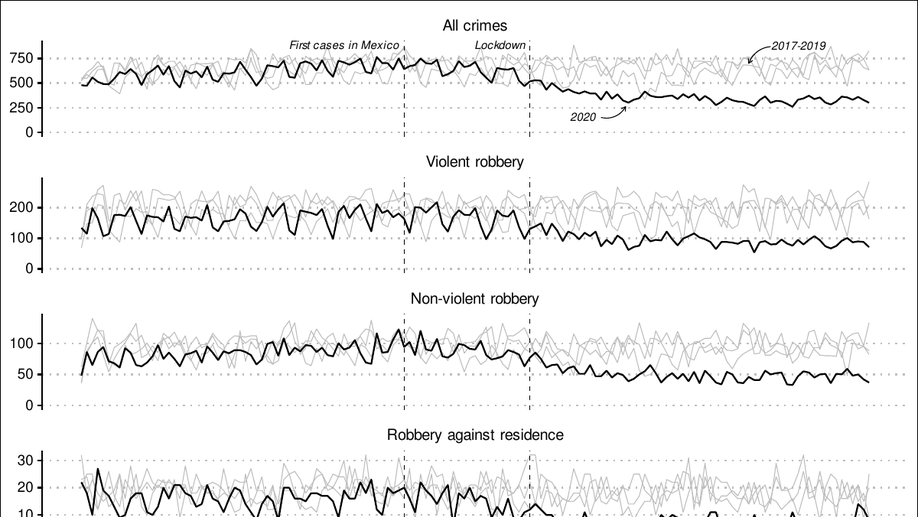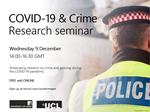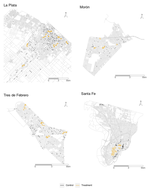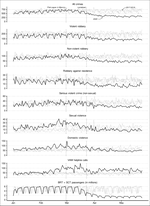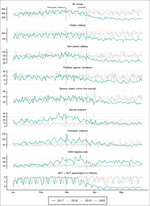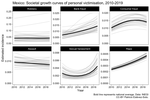About me
I am a Lecturer in Security and Crime Science at the UCL Department of Security and Crime Science, where I have taught on range of courses including organised crime, quantitative methods, research design, and crime prevention.
My research is mostly focused on crime in Mexico and Latin America and the Caribbean, on issues such as organised crime (in particular extortion), repeat victimisation, quantitative criminology, crime prevention, and the nexus between crime and public policy.
Interests
- Organised crime
- Repeat victimisation
- Quantitative criminology
- Environmental criminology
Education
-
PhD in Security and Crime Science, 2020
University College London (UCL)
-
MRes in Security and Crime Science, 2015
University College London (UCL)
-
MAP (Public Administration and Public Policy), 2011
Tecnológico de Monterrey
Memberships and societies
- Member, JDI Latin America and Caribbean Unit
- Co-founder, UCL Organised Crime Research Network
- Member, ECPR Standing Group on Organised Crime
- Member, Global Initiative Against Transnational Organized Crime Network of Experts
- Organising committee member, JDI Open
